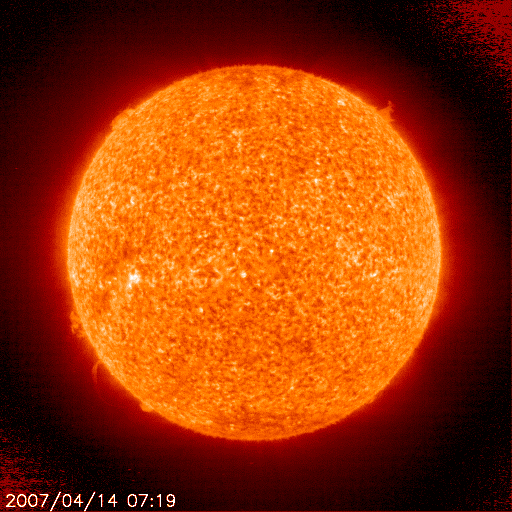ASSOCIATED PRESS: “It’s almost like we skipped winter and now we’re going to skip spring too,” said Gino Izzi, a senior meteorologist at the National Weather Service’s Chicago office. Forecasters are predicting temperatures will likely remain unusually high through March. Izzi said the weather pattern is a random but normal fluctuation. A jet stream moving north to south on the West Coast is pushing an opposite, seesaw effect in the rest of the nation. Atmospheric patterns, including the Pacific phenomenon known as La Nina, have kept cold air bottled up over Canada and contributed to the warmer winter in snow-accustomed parts of the continental U.S. Tuesday’s warm weather was raising some concerns, including upping the risk of wildfires. The usually warm, dry and windy conditions prompted six North Dakota counties to declare fire emergencies and institute burn bans. Rising along with temperatures: Americans’ belief in global warming. According to a December poll that found 62 percent of people believed the Earth was getting warmer, an increase from previous polls. Nearly half of them based that belief on personal weather observations, University of Michigan and Muhlenberg College researchers found. MORE
THINK PROGRESS: The world’s oceans may be turning acidic faster today from human carbon emissions than they did during four major extinctions in the last 300 million years, when natural pulses of carbon sent global temperatures soaring, says a new study in Science. The study is the first of its kind to survey the geologic record for evidence of ocean acidification over this vast time period. We knew from a 2010 Nature Geoscience study that the oceans are now acidifying 10 times faster today than 55 million years ago when a mass extinction of marine species occurred. But this study looked back over 300 million and found that “the unprecedented rapidity of CO2 release currently taking place” has put marine life at risk in a frighteningly unique way. MORE

